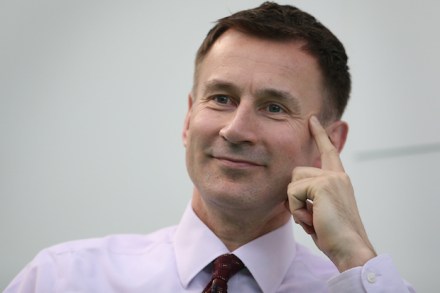Can Ruth Davidson snap Theresa May out of her Brexit delusion?
Ruth Davidson’s Glasgow speech is making headlines about the NHS because that’s where most political village attention is right now. We all know that a big government announcement on health funding is coming and Davidson knows it too. As a former hack, she also knows how to hijack someone else’s story, so her speech is deftly done. (In the trade, this would be known as byline banditry, and it’s Jeremy Hunt’s byline she’s attempting to bandit, or at least share.) But I’m more interested in what she said about immigration. Yes, she repeated a previous call to scrap the stupid “tens of thousands” target because it’s, well, stupid. That’s not


















